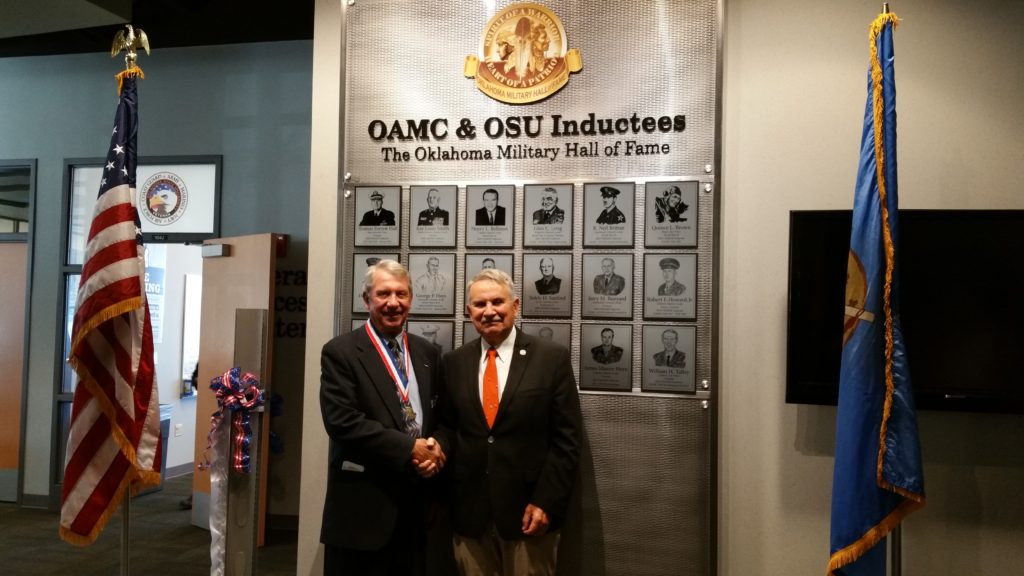
This following questionnaire suggested for an Honors Campaign, such as the Oklahoma Veterans Film Competition, is based on the US Veterans History Project of the Library of Congress, https://www.loc.gov/vets/ whose site may be visited for help with the interview process. The Veterans History Project of the American Folklife Center collects, preserves, and makes accessible the personal accounts of American war veterans so that future generations may hear directly from veterans and better understand the realities of war.
Suggested Questions for Veterans
Segment 1: For the Record:
- State at the beginning of the interview:
- Date and place of the interview
- Name of the person being interviewed
- Interviewee’s birth date
- Names of the people attending the interview (including the interviewer and camera operators)
- The organization you’re working with (name of Honors Campaign)
- If interviewing a veteran:
- War and branch of service
- What his or her rank was
- Where he or she served
Segment 2: Jogging Memory:
Were you drafted or did you enlist?
Where were you living at the time?
Why did you join?
Why did you pick the service branch you joined?
Do you recall your first days in service?
What did it feel like?
Tell me about your boot camp/training experience(s).
Do you remember your instructors?
How did you get through it?
Segment 3: Experiences:
Which war(s) did you serve in (WWI, WWII, Korea, Vietnam, the Persian Gulf)?
Where exactly did you go?
Do you remember arriving and what it was like?
What was your job/assignment?
Did you see combat?
Were there many casualties in your unit?
Tell me about a couple of your most memorable experiences.
Were you a prisoner of war?
Tell me about your experiences in captivity and when freed.
Were you awarded any medals or citations?
How did you get them?
Higher ranks may be asked about battle planning. Those who sustained injuries may be asked about the circumstances.
Segment 4: Life:
Ask questions about life in the service and/or at the front or under fire.
How did you stay in touch with your family?
What was the food like?
Did you have plenty of supplies?
Did you feel pressure or stress?
Was there something special you did for “good luck”?
How did people entertain themselves?
Were there entertainers?
What did you do when on leave?
Where did you travel while in the service?
Do you recall any particularly humorous or unusual event?
What were some of the pranks that you or others would pull?
Do you have photographs?
Who are the people in the photographs?
What did you think of officers or fellow soldiers?
Did you keep a personal diary?
Segment 5: After Service:
Appropriateness of questions will vary if the veteran had a military career.
Do you recall the day your service ended?
Where were you?
What did you do in the days and weeks afterward?
Did you work or go back to school?
Was your education supported by the G.I. Bill?
Did you make any close friendships while in the service?
Did you continue any of those relationships?
For how long?
Did you join a veterans’ organization?
Segment 6: Later Years and Closing:
What did you go on to do as a career after the war?
Did your military experience influence your thinking about war or about the military in general?
If in a veterans’ organization, what kinds of activities does your post or association have?
Do you attend reunions?
How did your service and experiences affect your life?
Is there anything you would like to add that we have not covered in this interview?
Notes
This questionnaire was intended to be used with a recording device. While this is encouraged, students conducting interviews may simply record resposes in writing.
The Veteran Biological Data Form (Appendix K) must be submitted with each veteran’s interview.
